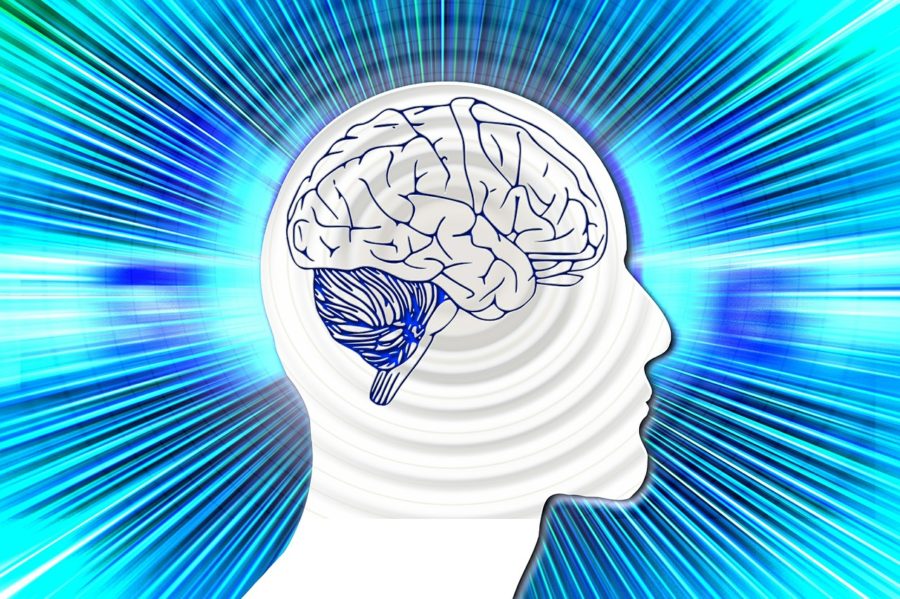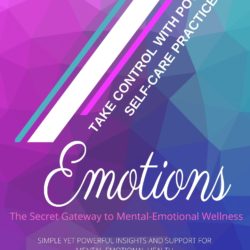Here are 6 Tips for a Sharp Memory
Do you have a sharp memory or have you noticed you’ve been more forgetful lately? Do you feel like your memory isn’t what it use to be? Here’s 6 tips to help keep your memory sharp.
1. Let’s not forget physical exercise
Believe it or not, when you’re exercising your body, you’re exercising your mind as well. Aerobic exercise gets your blood pumping, which increases the oxygen going to your brain and lowers your risk of disorders such as diabetes and cardiovascular disease that can lead to memory loss. It’s great to start with some exercise in the morning. This can get your circulation flowing and start your day with a clear head to help you stay focused and alert throughout your day. Exercises that require coordination are especially helpful for keeping the mind active such as simply throwing a ball back and forth; walking slowing up and down a hallway which will require more mental focus and balance; or going for a short walk, keenly observing your surroundings and recall them in great detail when the walk it done.
2. Sleeping is very important for mental focus and memory.
Sleep is one of the best ways to make sure your brain and memory are in tip-top shape on a daily basis. To get the most out of your sleep, aim for 7-9 hours every night. Make sure to shut down the electronics at least an hour before bed to help the mind shut off as well. Try to limit your caffeine and alcohol intake earlier in the day. Both can prevent a much needed deep and rejuvenating sleep.
3. Stimulate your brain
Research has shown that keeping mental stimulation as we age is very important for lowering the risk of dementia. Stay social, interact with others, learn new skills, play mind-exercise games like crossword puzzles or Sudoku. Interacting with others and continuing to learn is vital for keeping the brain healthy at any age. Take up learning Tai Chi or Chi Kung which are health rejuvenating exercises that emphasize slow mindful movements. Tai Chi and Chi Kung are ancient practices that really deepen the connection between the mind and the body – very important for mental health and balance.
4. Be aware of your stress
Chronic stress can not only make someone miserable, but also cause serious long term effects. Stress over time has been shown to destroy brain cells and damage the area of the brain that creates new memories and recalls past ones. To avoid memory loss, minimize your stress. Don’t take on too many tasks if they overwhelm you. Sometimes it is ok to say no. Make sure you have outlets to relieve stress whether it is physical exercise or talking with someone about your frustrations. Consider stress management techniques found in the practices of Tai Chi, Chi Kung and meditation. Check out this series of articles called Simple Meditation for Stress Relief.
5. Superfoods to the rescue!
Certain superfoods have shown to be significant in preventing memory loss. Make sure to get plenty of fruits and veggies, many are filled with antioxidants that help protect your brain cells. Eat more foods with omega-3 fatty acids such as salmon, tuna, pumpkin seeds, walnuts and foods cooked with olive oil. Green tea is another option that has powerful antioxidants to help protect the brain.
6. Optimize Your Energy
When we overdo it we can waste energy which can lead to difficulty concentrating and focusing. With awareness we can properly pace ourselves and conserve energy to get us through a busy day. Overeating is overdoing it. If you feel tired after eating you may want to try eating less or changing how you combine your foods. A good rule is to only eat until you are about 80% full. Check out this article called the 80% rule , a rule that can be applied to many aspects in your lifestyle to improve health.
Protein-starch combining like meat and potatoes, bread and meat, spaghetti and meatballs are heavy combinations that will overwhelm your digestive system and can leave you feeling tired. Combine proteins or starches with non-starchy veggies separately for a lighter meal like grilled chicken and salad or stir-fry of veggies with rice. If you have digestive trouble with your gut you may find this article interesting – Chronic Health Issues and Leaky Gut syndrome.
Also, an irregular schedule can drain your energy. Try to make your schedule as consistent as possible if you can. A consistent flow to your day will satisfy your expectations, keep you more relaxed and more mentally focused. See my article called “How Is Your Energy Level?” for a deeper discussion on managing your energy naturally.
Your memory is important at any age. Start incorporating these healthy habits to keep a strong memory for years to come.
Sources
http://bit.ly/1SzWG6s
http://bit.ly/20BNwg4








